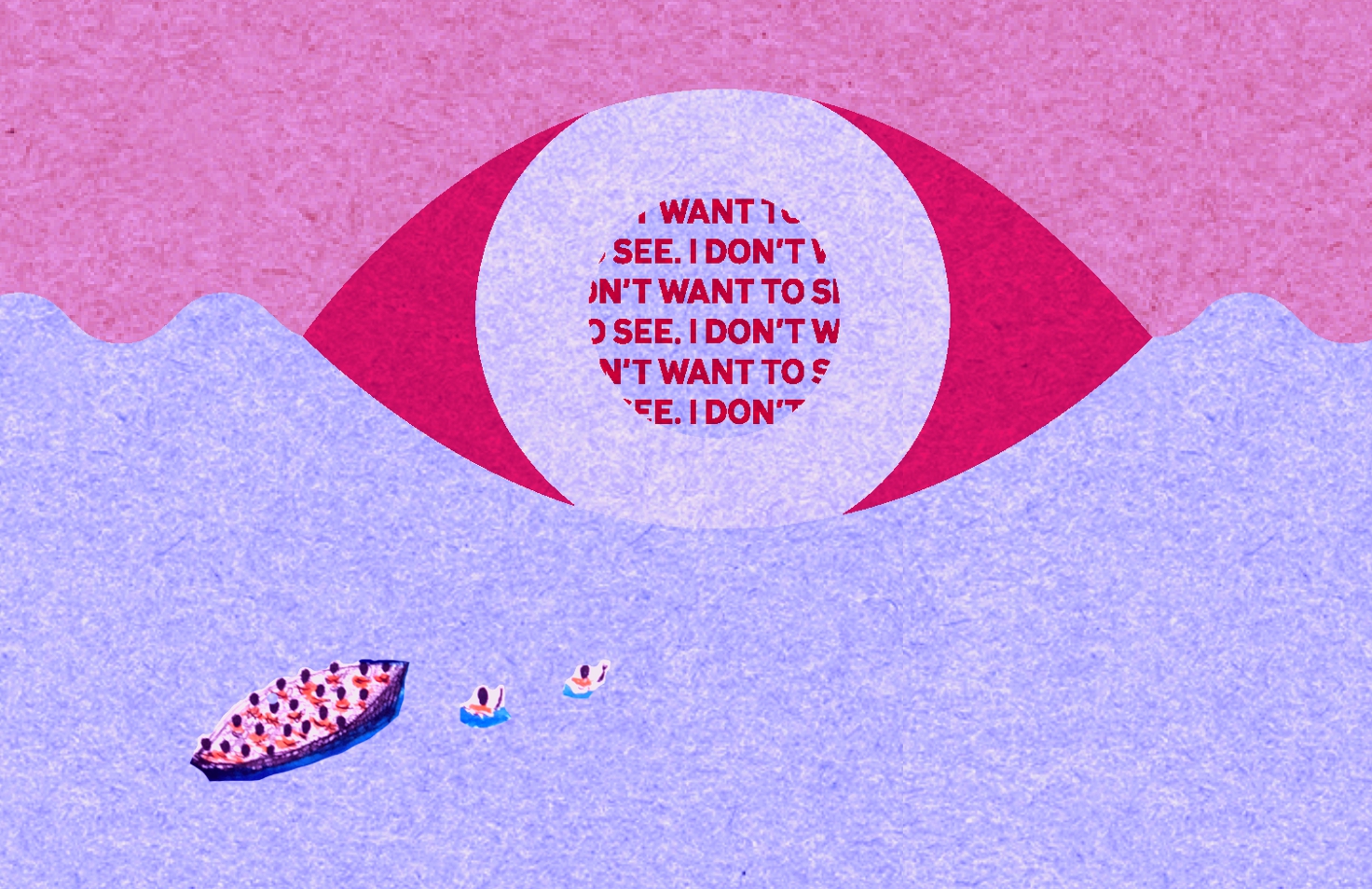
The experience of migration is turned into a problem for those forced to or wishing to migrate—if they are seen and treated as ‘problematic’ migrants; for those who are welcomed as privileged expats, the story is different.
by Isles of the Left
Collage by Isles of the Left
[dropcap]M[/dropcap]igration has been a prominent topic in Malta for a long time. But what do we actually talk about when we talk about migration? Some of the articles published in Isles of the Left over the past year explore this question by asking who is referred to as a ‘migrant’, how ‘the migrant’ is defined and seen as the ‘other’ from ‘our’ perspective. Who can move from one country to another without being seen as this seemingly problematic figure?
These issues were also tackled by various cultural events in Malta this year, which we reviewed.
How about taking a perspective beyond the scandalising, often superficial and repetitive evocations of ‘crisis’, ‘flood’ and ‘flows’—dehumanising metaphors?
What are our reactions to the images reflecting the brutal realities of migration? How can we politicise our feelings of sympathy?
Delve into this reading list on Migration and Borders to encounter viewpoints beyond the mainstream assumption that migration itself is one of the central ‘problems’ of our time: a world which creates radical inequalities within and between countries, an economic system forcing us to be competitors rather than collaborators, deadly national border politics—these are central problems of our age.
The experience of migration is turned into a problem for those forced to or wishing to migrate—if they are seen and treated as ‘problematic’ migrants; for those who are welcomed as privileged expats, the story is different…
![]()
1. What Does it Mean to Be a Foreigner in Malta?
by Raisa Galea
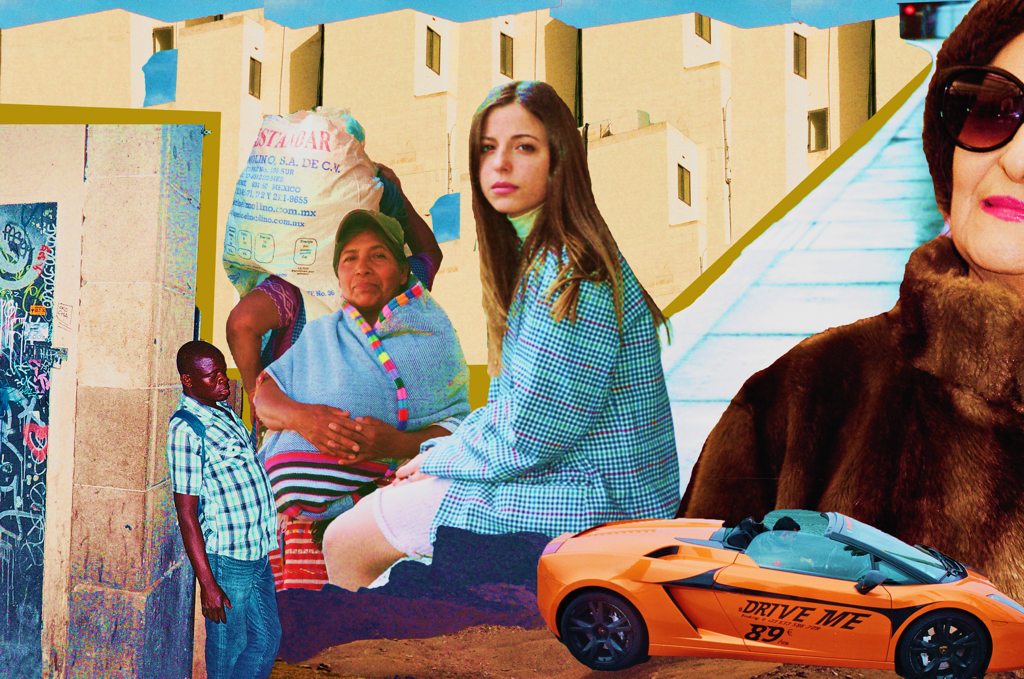
Although they are uniformly referred to as “foreigners”, foreign nationals—global citizens, expats, migrants and refugees—do not receive equal treatment. In fact, they are treated accordingly to their status: where a wealthy expat is greeted with open arms, a migrant finds endless bureaucracy and a refugee—a barbed wire. Read more here.
2. ‘Deserving’ vs ‘Undeserving’: Refugees vs Economic Migrants
by Daiva Repečkaitė
Suffering seems to be an obligatory justification to enter Europe. In a fairer and more balanced system, economic migrants would have not had to take a perilous journey just to find work. But if trauma is the expectation, they get traumatised, too. Read more here.
3. Asylum Seekers: Burden, Cheap Labour or … Human Beings?
by Daiva Repečkaitė
The asylum applicants are met with two contradictory demands: to be traumatised and persecuted enough to be recognised as refugees, and to be physically and emotionally fit in order to contribute to the host country’s economy. Read more here.
![]()
4. To Be or To Be Defined?
by Francois Zammit & Raisa Galea

With a precision of scientific inquiry, the exhibition To Be [Defined] examined what it means—and feels like—to live as an antagonist in a story narrated by others. The mass and social media have been overwhelmed and oversaturated with the images of those who brave the perilous journey towards Europe and the West but the general public is rarely exposed to their own voices, and thus the human essence of these individuals. Read more here.
5. Matters out of Place
by Elise Billiard
What does it mean to be “in your place”? Perhaps, we can discern the fear of migrants by understanding how and why the society designates a specific place for each of us. In her book “Purity and Danger”, the British anthropologist Mary Douglas explains that every society promotes a particular order of things, in which everything has a definite place. It follows that each society has its own definition of dirt, but that the universal principle remains the same: “dirt is a matter out of place”. This is not only true for things, but also for actions, or even people.
Every day, the figure of a migrant is narrated as a “matter out of place”. This is their sole identity—the matter out of place, the filth that must be washed out. Read more here.
6. On How Not to Consider the Immigration Issue
by Michael Grech
The EU rhetoric heavily focuses on stopping smugglers from exploiting people and putting their lives at risk, instead of examining what induces them to seek the services of smugglers in the first place. Read more here.
![]()
7. Building Walls: Fear and Securitization in the European Union
by European Alternatives
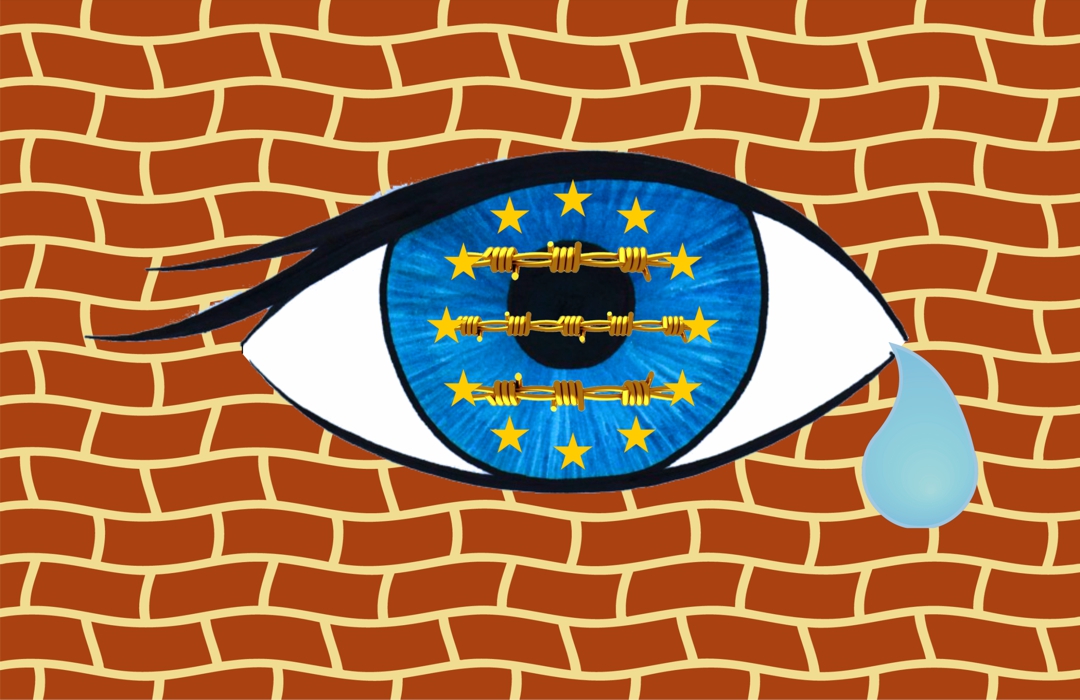
The far-right have manipulated public opinion to create irrational fears of refugees. This xenophobia sets up mental walls in people, who then demand physical walls. The report from Transnational Institute reveals that member states of the European Union and Schengen Area have constructed almost 1000 km of walls, the equivalent of more than six times the total length of the Berlin Wall. Read more here.
8. The Past, Present and Future of Free Movement in the EU
by Dawid Krawczyk & Anthony Valcke
The contemporary framework for the European Union was created in the 1950s, after World War II. The creators of the European Economic Community believed that if European countries were connected by strong economic ties, they would not get into military conflict with one another. In an attempt to strengthen those ties, the founders established the principle of the free movement of people, goods, services and livestock.
In theory, EU citizens are entitled to free movement around the entire community. What does this look like in practice? Read more here.
![]()
9. The Limits of Sympathy: Relating to Images of Distress
by Elise Billiard
The fear of witnessing the pain of others is caused by our empathy coupled with an intense feeling of powerlessness. And sympathy may even be a highly misleading path to trod on, if it does not encourage us to reflect on the reasons for horrors to occur. Read more here.
10. The Tragedy of Drowned Baby Dolls
by Anna Azzopardi
The reality of dead babies might be too much to swallow, and indifference to dead babies might strike a guilty chord or two. Thus, to free public conscience from sorrow and compassion for the dead children, a new story was injected in the media: The picture of the dead babies was staged. Read more here.
![]()
11. The Fate of Migrant Boats is the Fate of Europe
by Francois Zammit
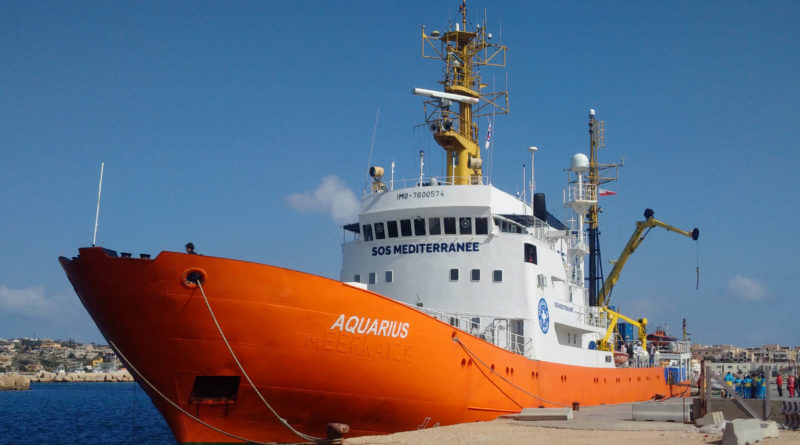
The Maltese and Italian authorities used the law as a means of placing individuals outside of legal protection. The irregular migrants stranded on Aquarius are being subjected to the law but are not protected by it, thus effectively being placed in a zone of exception.
This kind of predicament and legal paradigm is what effectively allows for the creation of other zones of exception, namely refugee camps or asylum camps; this implies that Malta and Italy have effectively turned rescue vessels into a floating refugee camp. Whereas a refugee camp would normally be found on a specific territory, thus existing within the jurisdiction and responsibility of a specific nation-state, in this case the matter is even worse since there is no national law to protect the migrants on board. We are witnessing how the nation states are using their sovereignty and jurisdiction as a means of avoiding the responsibilities of international law. Read more here.
12. You Too Might Need Help of a Rescue Mission One Day
by Raisa Galea
The only issue of the rescue vessel and the only wrongdoing of the crew is saving lives—the lives that should be as valuable as ours, alas they seem not to be. There is always a possibility that Maltese, as any other people, might need to seek asylum. At the same time, the rise of the far-right parties to power in the EU countries makes the cancellation of visa-free travel within the Schengen all the more plausible. Read more here.
13. A Closer Look At The Rescue Vessel Berthed In Limbo
by Joanna Demarco
Sea rescue is not just about misery and suffering. There is space for hope and fun too. Toys, washing lines and origami birds in the engineer’s cabin are also part of a rescue vessel. Sea Watch 3 also serves as temporary home to its crew members. Read more here.
![]()
14. Regardless of Season, Playing Ping-Pong with People’s Lives is Unacceptable!
by Mina Tolu
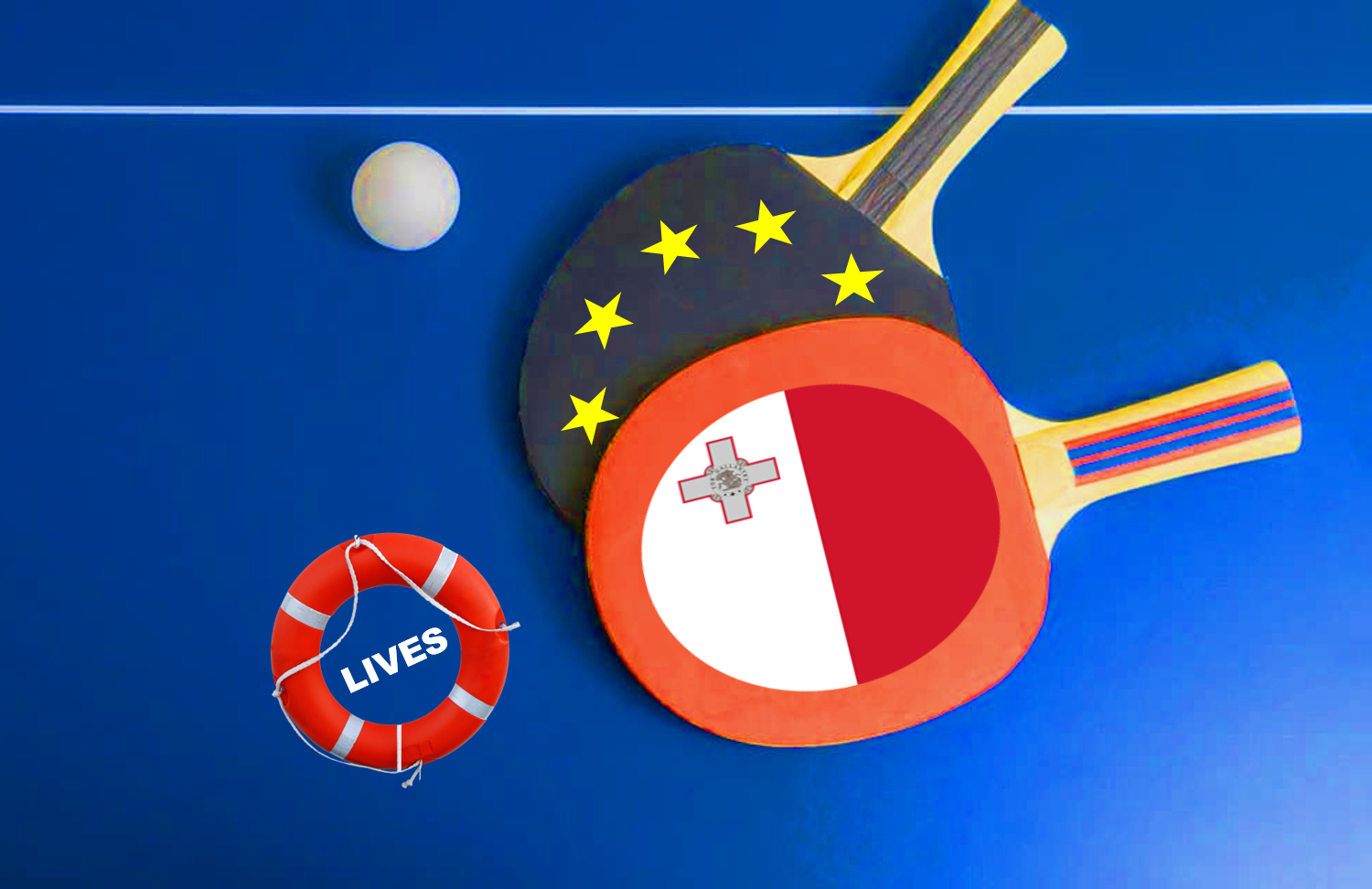
When we wait to state something until things get really unacceptable, when we focus our arguments on the bad weather and on the Christmas season, we downplay the significance and severity of the actual issue—saving lives!—which then fades from the fore of public debates. Read more here.
15. Refugee Solidarity in Truly Challenging Circumstances
by Andrew Galea Debono
There are currently around 24.5 million refugees from different countries around the world. One of the major paradoxes of our time is the acceptance by economically developing countries to host hundreds of thousands of refugees, whilst much richer ones are more concerned with building barriers to keep those in need out. Read more here.
16. Spectres are Haunting Europe: A Film by Maria Kourkouta/Niki Giannari, Reviewed
by Kathrin Schödel
Like the proletariat which represents the structural scandal of the capitalist system, the systemic exploitation of the majority, the situation of refugees in the space inside the border, so to speak, stateless and powerless, reveals the very roots of suffering and suppression in this social world: the fact that the needs, wishes and interests of humans ultimately do not count.
If refugees and migrants do not simply “become like us”, forgetful of a system which will keep producing its outcasts, the ‘vanguard’ of refugees may become the sign of a new beginning, of the possibility of a different world. Read more here.
Leave a Reply